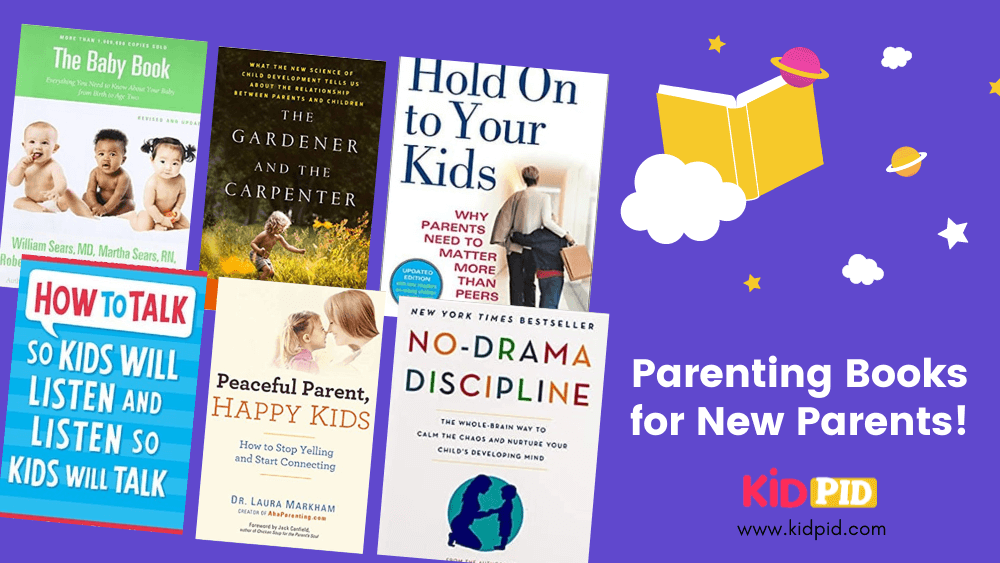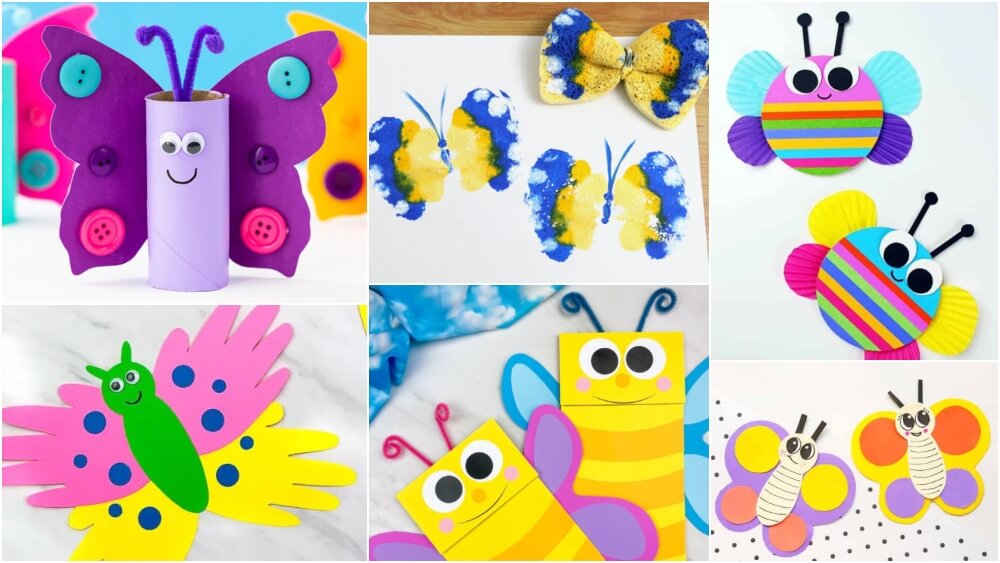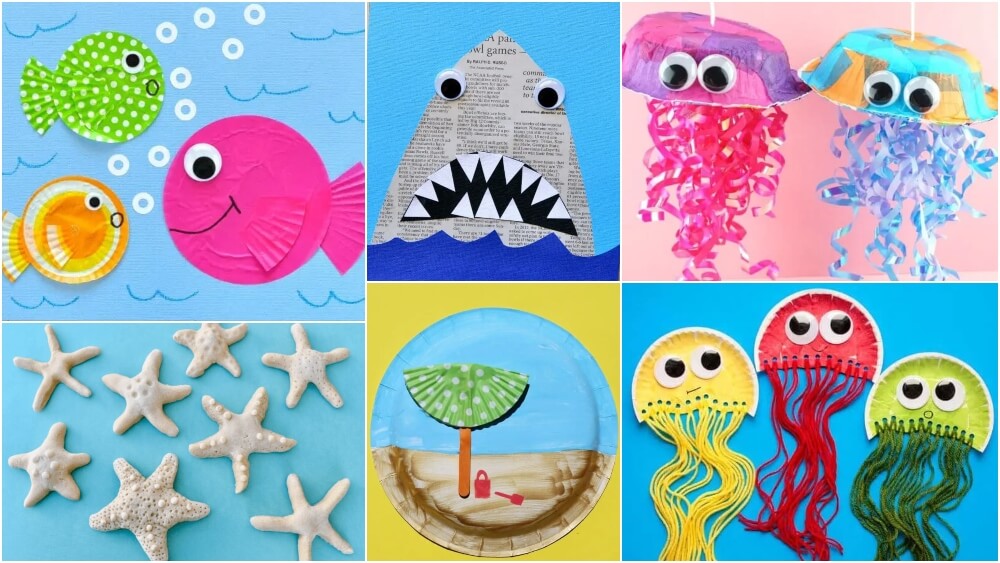How to be a Good Parent?

Although it may be one of your most exciting and rewarding experiences, becoming a parent is not always straightforward. Your to-do list will never end, regardless of how old your kids are. You must strike a balance between giving your child a sense of love and assisting them while understanding the distinction between good and wrong if you want to be a successful parent. Even though it’s challenging, keep trying your best to foster a supportive atmosphere where your kids may grow to be self-assured, self-reliant, and compassionate.
Contents
Tips to Become a Good Parent
Be in command
Limits are what kids desire to comprehend and navigate a sometimes complex environment. Set limits so your children may safely explore and find their hobbies as a sign of your love.
Keep your child’s wings unclipped
The goal of life for your child is to become independent. Therefore, when she is developmental enough to put her toys away, remove her dish off the table, and put on her clothes, let her. Giving a child responsibility is beneficial for both her sanity and her sense of self-worth.
Show your youngster a lot of love
Try to develop a close relationship with your child that lasts throughout their entire life, both physically and emotionally. Your youngster can sense how much you genuinely care about them by receiving a warm touch or hearing a melodic phrase. Here are a few methods for expressing love and affection: To encourage and appreciate your child, give them a hug, a kiss on the cheek, or even a gentle touch on the shoulder.
Don’t strive to solve every problem
Instead, allow young children to come up with their answers. Children learn self-reliance and resilience when their tiny grievances are warmly acknowledged by adults without their swooping in to save them.
Always keep in mind that discipline is not punishment
Enforcing rules is about teaching youngsters how to act in public and assisting them in being capable, considerate, and in charge.
Love your kids no matter what
Please don’t make them become the person you believe they ought to be to win your affection. Instead, tell them that you adore them and will always do so. You could want your child to be sporty, for example. However, it’s crucial to acknowledge their lack of interest in sports and work with them to find an activity more closely matches their interests.
Pick your fights
Too many restrictions might cause children to become entirely disengaged. Forget about sparring over minor issues like sartorial preferences and the occasional expletive. Instead, focus on what matters; refrain from striking, using crude language, or lying.
Play games with your kids
Leave the action up to them; don’t worry about the regulations. Enjoy yourself and follow the flow. That is how the game is played. He starts as a baby since newborns enjoy hearing their parents’ voices. A way to strengthen your relationship with your child and prepare him for a lifetime of reading is to curl up with a book. Allow your youngster to pick an activity where you can spend 10 or 15 uninterrupted minutes together.
Congratulate your kids on their successes
Please encourage your children to feel confident in themselves and proud of their achievements. Inform them when they accomplish something admirable that you have noticed and are proud of. They won’t feel empowered to be independent or adventurous if you don’t offer them the assurance they need to be on their own in the world. Be specific in your compliments to let them know what is being appreciated. For example, rather than saying, “Good job,” you may say, “Thank you for cleaning up the toys after playing with them,” or “You did fantastic taking turns with your sister while playing.” Make it a habit to compliment your kids more for their good deeds and successes than for their innate gifts. That will teach kids the importance of accepting a difficult challenge.
Set a good example for your kids
Children pick up lessons from their parents. Providing an example of right, polite behavior for children is far more effective than directing them. When you mess up, own it. The most excellent method to teach your child when and how to apologize is to do it yourself. Leap a little greener. Teach your children how simple it is to protect the environment. Every day, reduce waste, recycle, repurpose, and preserve. Spend an afternoon cleaning up the neighborhood’s rubbish. Always be truthful. You want your child to act in this way, don’t you? In front of the kids, hug your spouse and kiss them. Your marriage is the only illustration of an intimate relationship your child has ever seen, heard, or felt. It would help if you thus established a high bar.
Don’t compare your kids to other people, especially other siblings
Celebrate the peculiarities of each child since they are all unique and individual. Your child may come to believe that they are never good enough in your eyes if you continuously create comparisons between them and other youngsters. They could even be prevented from achieving success in the future by it. Help your children learn how to achieve goals on their terms and encourage them to take the road that suits them rather than comparing them to other youngsters. Your kids may become rivals if you compare them to their siblings. Instead of encouraging competition amongst your children, try to foster caring relationships. Additionally, avoid showing bias while your kids are arguing by being fair and impartial.
Take a break for yourself
It does not make you a selfish parent to order takeout when you are too exhausted to prepare. Trust your gut feeling, mum. You are the only person who can really understand your child. When it comes to his health and well-being, trust your gut. There’s a good possibility that whatever you believe is incorrect is.
Say “No.”
Don’t succumb to the pressure to take on more work at the office or to become the school’s volunteer queen. Spending extra time with your children will never be something you regret. Don’t put up with your child’s rudeness. Never let her treat you or anybody else rudely or hurtfully. If she does, sternly inform her that you will not put up with any disrespect.
To foster trust, respect your child’s privacy
Give your kids the impression that once they enter their room, no one will peek in their drawers or read their journals. They will learn from this to respect others’ privacy and personal space. Additionally, it will give them a sense of security and foster trust between you. Give your child their own space, and recognize that it’s natural for them to withhold things from you, particularly as they age occasionally. Maintaining an open-door policy will allow them to come to you for assistance if they need it. This will strike a balance.
Don’t hold your youngster to unjustified standards
Avoid instilling in your child the notion that they must be flawless or must conform to your ideal of what perfection is. Don’t pressure your youngster to get top grades or to lead his soccer team as the most outstanding player, for example. Instead, promote good study habits and sportsmanship, and allow your child to exert the maximum amount of effort. Your child may feel like they may never measure up if you present yourself as someone who wants the best for them, and they may even start to rebel. Make it plain to your child what you expect of them.
- Make parenting a task as doable as you can.
- Instead of attempting to deal with everything at once, concentrate on the areas that require the most attention.
- When you’re exhausted, admit it. Take a break from parenting to engage in activities you’ll like.
- You are not selfish if you prioritize your needs. Simply put, it shows you are concerned for your well-being, which is yet another important trait to teach your kids.






Responses